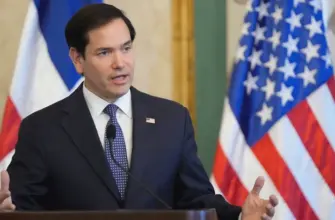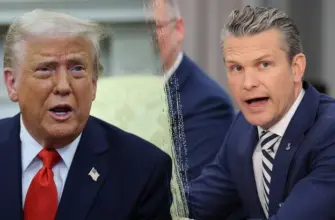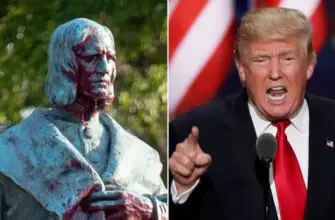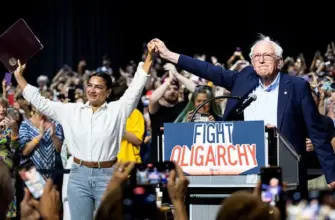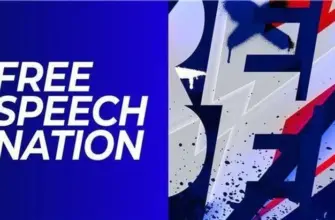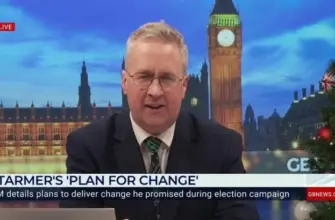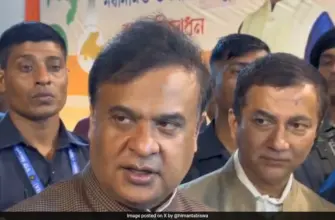Ecuadorians head to the polls today for a crucial runoff election between current President Daniel Noboa and leftist challenger Luisa González. The contest represents a stark choice: Noboa, often described as aligning with conservative principles reminiscent of former U.S. President Trump, versus González, viewed as an ideological ally of Venezuelan leader Nicolás Maduro.
Noboa has publicly rejected recognizing Maduro’s legitimacy following the 2024 Venezuelan elections and is aggressively pursuing a strategy to dismantle criminal gangs and restore security in Ecuador. He declared an internal armed conflict last year, deploying the military to combat organized crime groups both within prisons and across communities.
González’s platform emphasizes increasing the military’s role in addressing gang violence but also expresses concerns about excessive force and human rights abuses. Some analysts suggest her approach may favor negotiation with criminal organizations—a tactic reminiscent of policies implemented under former President Rafael Correa, which aimed to integrate gangs into civil society.
However, experts caution that such a strategy could inadvertently strengthen these groups, potentially leading Ecuador toward becoming a “narco-state.” Mathias Valdez Duffau, a visiting fellow at the Center for International Studies at Catholic University of Argentina, warns, “The reality is that negotiating with criminal gangs might give the government a short-term space to maneuver, but the gangs become stronger and end up co-opting government officials.”
Ecuador faces a severe crisis of violence. The nation recorded 6,986 homicides in 2024—the second deadliest year in Ecuadorian history—and an estimated 95,000 people fled their homes due to escalating gang warfare.
Noboa has sought international assistance, including potential collaboration with the U.S. military, and recently forged a strategic alliance with Erik Prince, founder of the private security firm Blackwater, to bolster Ecuador’s counter-narcoterrorism efforts.
Key Concerns & Challenges:
- Violence Levels: Despite Noboa’s actions, January 2025 was the nation’s deadliest month in recent history, with 781 deaths.
- Drug Trafficking Hub: InSight Crime reports that Ecuador serves as a vital transit route for cocaine originating from Peru and Colombia, destined for Central America, Mexico, and Europe.
- Prison System Penetration: Criminal groups have infiltrated the prison system and expanded their networks of street gangs, often collaborating with international drug cartels like the Sinaloa Cartel, which is linked to significant fentanyl trafficking into the U.S.
The first round of the election saw Noboa and González garner approximately 44% of the vote each. González, a leading figure in the Citizen Revolution movement and considered the political heir of Rafael Correa, also aims to become Ecuador’s first female president.
A victory by either candidate will face challenges within the National Assembly, which is sharply divided between both parties, potentially hindering legislative efforts to address violence and economic issues. Saúl Medina, a former governor, emphasizes the need for:
- Strengthening institutions and improving oversight of law enforcement and the justice system to combat corruption.
- Comprehensive prison reform to prevent prisons from becoming “operational centers for gangs.”
Analysts generally agree that Noboa’s conservative stance aligns with President Trump, and a potential victory could position him favorably to tackle Ecuador’s security challenges.

